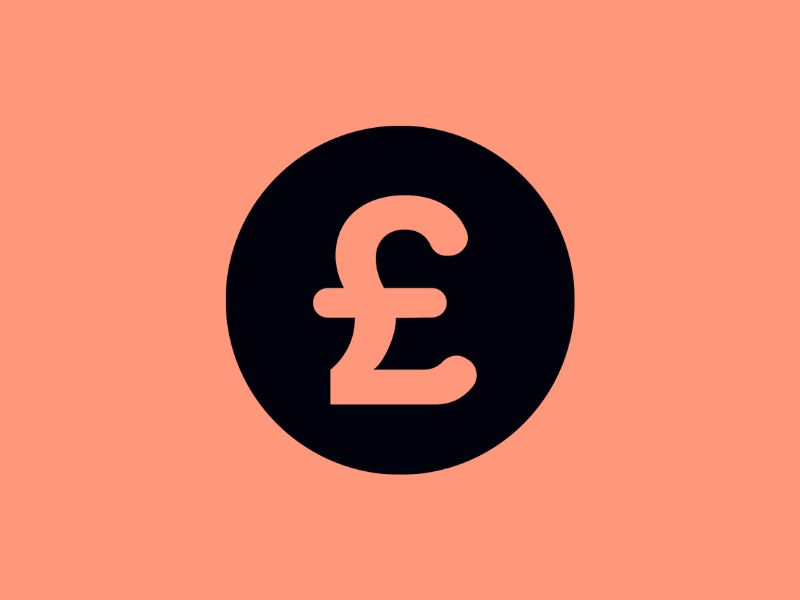
Does an overdraft affect my credit score?
Discover how overdrafts are reported, how they impact your score, and tips to avoid negative effects.
An overdraft is a useful stop-gap for many people, especially towards the end of the month. But does an overdraft affect your credit score? And if so, what kind of impact does it have?
What is an overdraft? A quick intro
An overdraft is a kind of limited credit which is available on many bank or building society current accounts. It allows you to borrow more than you have available in your balance.
Let’s say you need to pay an electricity bill of £120, but you only have £20 in your account. The payment would be declined if you didn’t have an overdraft. But if you do, the payment will go through and you’ll have a negative balance of £100 that needs to be paid back. This might be accompanied by overdraft charges and/or interest that accumulates on what you’ve borrowed.
There are two kinds of overdraft, namely:
Authorised/arranged overdrafts, which are approved by your bank or building society, either after an application process or as part of the agreement when opening your account.
Unauthorised/unarranged overdrafts, which are automatically made available on your current account, without a formal application process.
Does an overdraft affect your credit score?
An overdraft in itself won't affect your credit score. The same for any credit agreement, it is how the overdraft is used that could be influential.
An unused overdraft, in other words, if you just have an overdraft facility available, but don’t actually borrow any money, will reflect a “zero balance” on your credit report. This means you have no outstanding balance of debt. It’s similar to having a credit card that you’re not using.
In contrast, an overdraft in use will show up as a debt on your credit report. Understandably, making use of your overdraft may feel uncomfortable because of the resulting negative balance on your account. But as long as you’re able to quickly and routinely clear this negative balance, using an overdraft can actually help your credit score.
How does an overdraft affect your credit score?
Your credit score, which is calculated using data from each of the three main UK credit reference agencies (CRAs)—Experian, Equifax, and TransUnion—is a useful reflection of how well you manage your borrowing. Having the evidence of settling a debt such as an overdraft on your credit report is usually considered a plus and so will benefit your credit score.
Put simply, having a good credit score, influenced in part by regular repayment of debt, means you can be confident that lenders will see you as someone able to borrow responsibly. But it's also important to remember that credit scores are a subjective interpretation of the information available on you. So your score is mostly for you to use as a barometer of your creditworthiness.
Each score provider measures your credit score differently. Checkmyfile, the most detailed credit report you can get, gives you a score based on all of the information from all three main CRAs, therefore providing a much rounder view of your credit health.
Does an overdraft affect your credit report?
Credit reports are assembled by the three CRAs, and it's not just regular repayment of debt that is noted on your credit report. Missing or late payments on your overdraft will also be indicated on your credit report, and will negatively influence your credit score. If we consider a credit score as your financial history at a glance, your credit report is like your financial CV.
As such, your credit report contains details of your financial history. Lenders will be able to see what your overdraft limit is and how often you use it, and more importantly, how often you pay back your debt and settle any outstanding amounts on your overdraft. They will often then use the information on your credit report to calculate their own credit score for you based on their models and criteria.
It's important to note that an overdraft quickly repaid by month end may not register on your credit report at all. While your bank updates your information with the credit reference agencies monthly, it can take four to six weeks for this new information to reflect on your credit report. So if this transfer of information happens on a day when your overdraft is not in use, your updated credit report may show an account with a zero balance.
How does an overdraft application affect my credit score?
If you apply for an overdraft, the bank or building society will either do a “hard” or “soft” search (or credit check) on your credit report. The date of the search, search type, as well as who performed the search are noted on your credit report.
A soft search doesn’t have any impact on your credit score and is usually carried out during the process of getting a quote for finance or applying for accommodation or employment. Soft searches only access public information that is listed on the report. This would be details such as your Electoral Roll listing or any court records.
A credit application search, or hard search, provides much more detail and remains on your credit report for up to two years. These checks are done when you make a formal application for new credit. While the result of that search - if it’s successful or not - won't be recorded, a lot of hard checks in a short period of time can affect your credit score because they introduce a measure of uncertainty (i.e. have you been accepted for lots of credit, or rejected repeatedly?).
Key takeaways: overdrafts and credit scores
When you encounter unexpected costs, an authorised overdraft (which can be used as a type of short-term loan) can really come in useful. Here are four key things to remember when it comes to your overdrafts and your credit score:
An overdraft itself will not prevent a good credit score
An overdraft well used can help build your credit score
An unpaid, or late paid, overdraft is detrimental to your credit score
Be mindful of making too many overdraft applications in a short period of time
Take your credit health into your hands with Checkmyfile
Managing your credit health is about so much more than knowing your credit score. From joint accounts to registering to vote, your credit history is as colourful as your life history. That’s why Checkmyfile lets you see it all. Get started now
